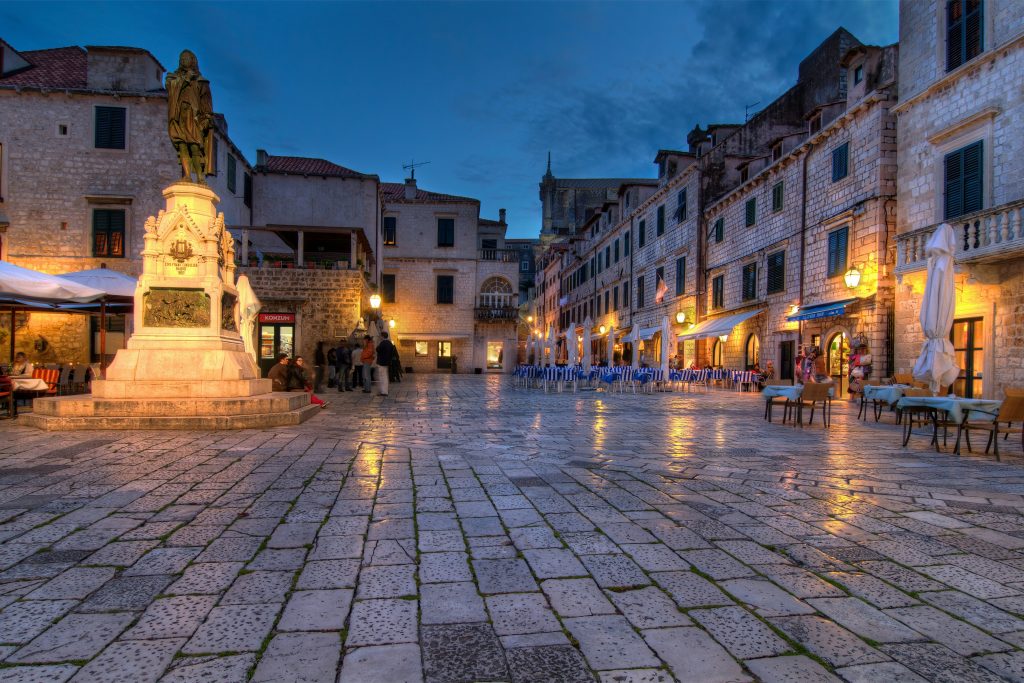September the 1st, 2024 – Croatian restaurant prices have been seeing many put the menus down and leave, but will July’s significantly lower number of visitors see this sector finally come back down to Earth?
As Poslovni Dnevnik/Dragana Radusinovic writes, there were approximately 150,000 less tourists in July 2024 compared to July 2023 in the last two weeks of that summer month. Croatian restaurants along the Adriatic coast felt that drop very painfully. They also shouted about it. They complained to their association at the Croatian Chamber of Commerce (HGK), at the helm of which is Jelena Tabak, the owner of the Dujkin Dvor restaurant in Split.
Croatian restaurant owners reported that their occupancy and income compared to last July were down by an average of 20 percent, up to 30 percent in Istria, and up to 50 percent on the islands. This tourist season will certainly be weaker than last year’s, and it’s doubtful anyone has much sympathy for Croatia and its greed left.
the response to croatian restaurant prices: greed doesn’t pay
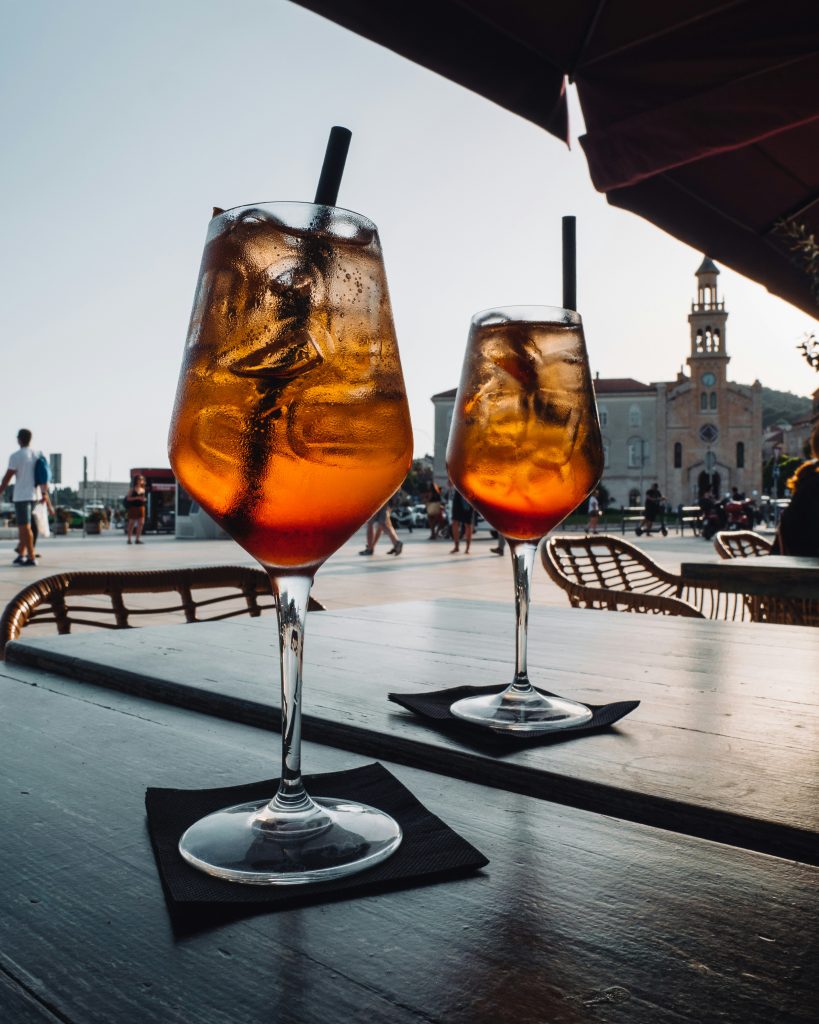
This wail of despair from Croatian restaurant owners was returned very quickly in the form of a boomerang carrying the damning but simple message: “You’re too expensive, you overestimated yourself”. This opened up a whole series of questions, from the one about Croatian restaurant prices, then about the quality, but also about the expectations that they had from the current summer season, seeing very many of them completely shocked by the fall in visitors and revenue in July.
“Since the celebration of Victory Day, the anniversary of Oluja (Operation Storm), things have been better, restaurant occupancy has been slowly increasing and in the first two weeks of August, we had the same intensity as before,” stated Jelena Tabak.
She pointed out that she herself is satisfied with the business of the sector because the owners of Croatian restaurants did a great job in the pre-season. She believes that they will continue to perform well in the post-season as well. It’s also true that for the majority of Croatian restaurant owners dedicated to this business who work all year round, July’s drop in income will level off.
problems for croatian restaurants who only want to work seasonally…
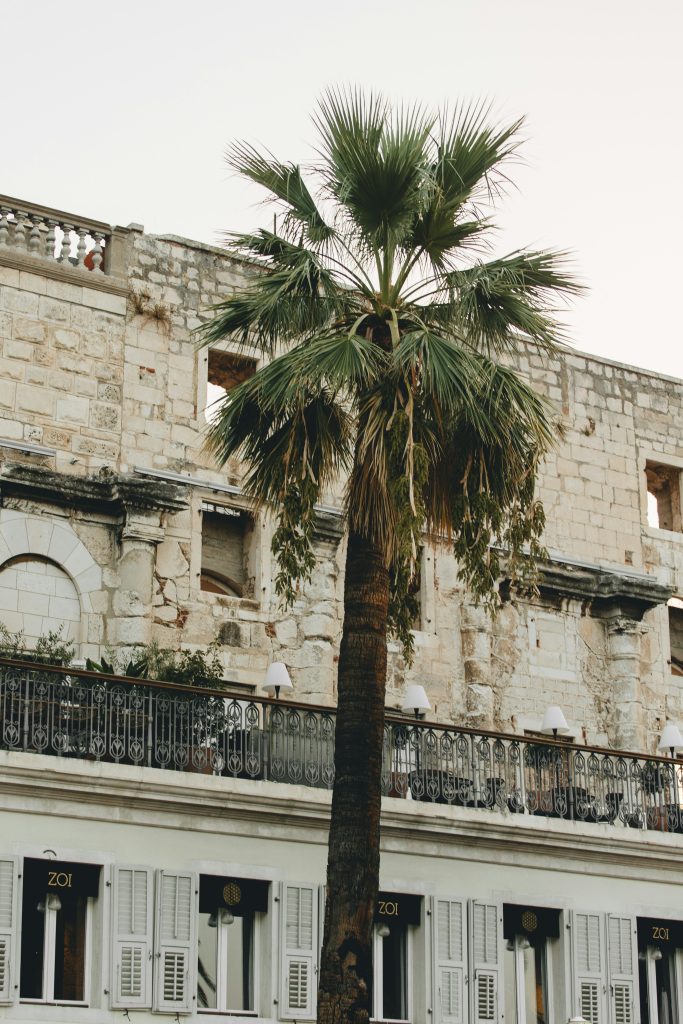
She then went onto explain the somewhat infamous “July hole”. It all coincided with the European football championship in Germany, the Olympic Games in Paris, the long-term crisis in the western Member States of the European Union, and the increase in the price of everything, from the food they purchase through the workers they employ to the rent they pay.
“There’s been no collapse of the season, this is the Mediterranean as it used to be,” said Tabak, explaining that the noticeable drop in occupancy in July will be very problematic for Croatian restaurants who planned to work only at the heart of the season and in that short time make enough money for the whole year.
“In the future, we plan to work with less intensity in the heart of the season, but that’s okay, because we’re extending its duration,” believes Tabak. As she claimed, the reduced intensity in numbers eating at Croatian restaurants can be described as a new rule in which almost everyone has one guest sitting at a table, while they used to have up to three rotations per evening.
is this a natural cycle following unrealistically good years?
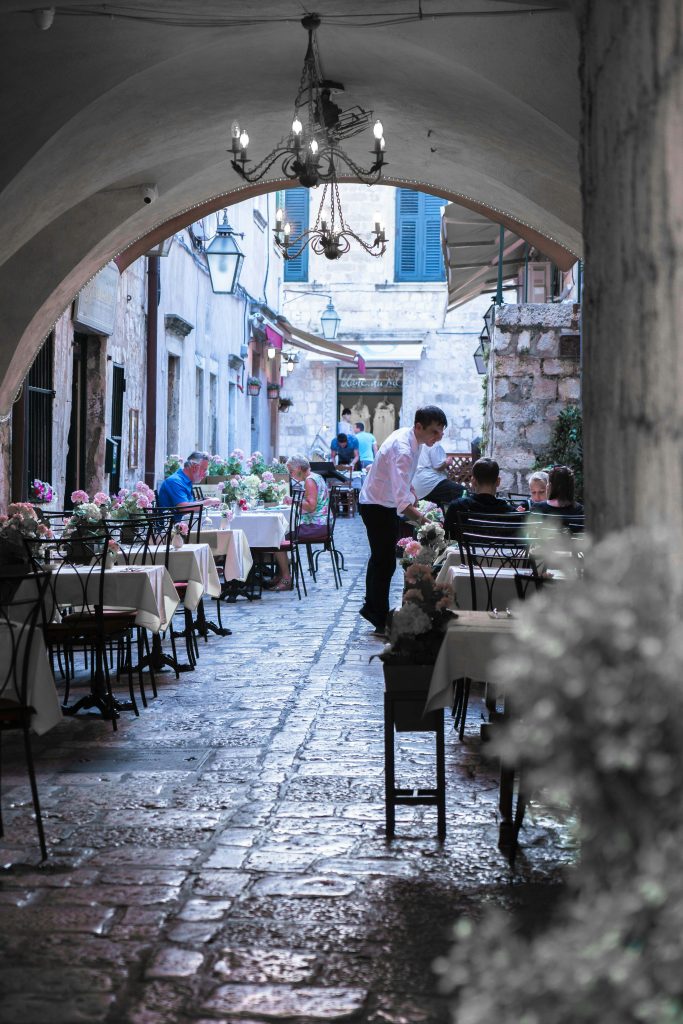
Vedran Jakominić, president of the Kvarner and Istria Catering Association, believes that not only Croatian restaurants but the entire related sector is undergoing consolidation.
“Weaker results from this summer season are part of a natural cycle after several unrealistically good years and changes caused by high inflation. In addition, we’ve seen Croatia’s entry into Schengen and the Eurozone,” said Jakominić.
Tabak agrees with that and summarised that the sector worked under measures to combat the coronavirus pandemic in 2020, that 2021 was filled with caution, and then the bombastic 2022 summer season followed, in which everyone travelled and ate plenty in Croatian restaurants. 2023 would then be strongly influenced by record inflation due to which the sector saw huge growth.
“It’s very difficult to compare the current season with the last one,” said Tabak, with Jakominić emphasising that this decline could be expected due to the more or less pan-European recession.
“We lost some of the guests who didn’t bother to travel anywhere this year,” said Jakominić.
Signals from a struggling Germany
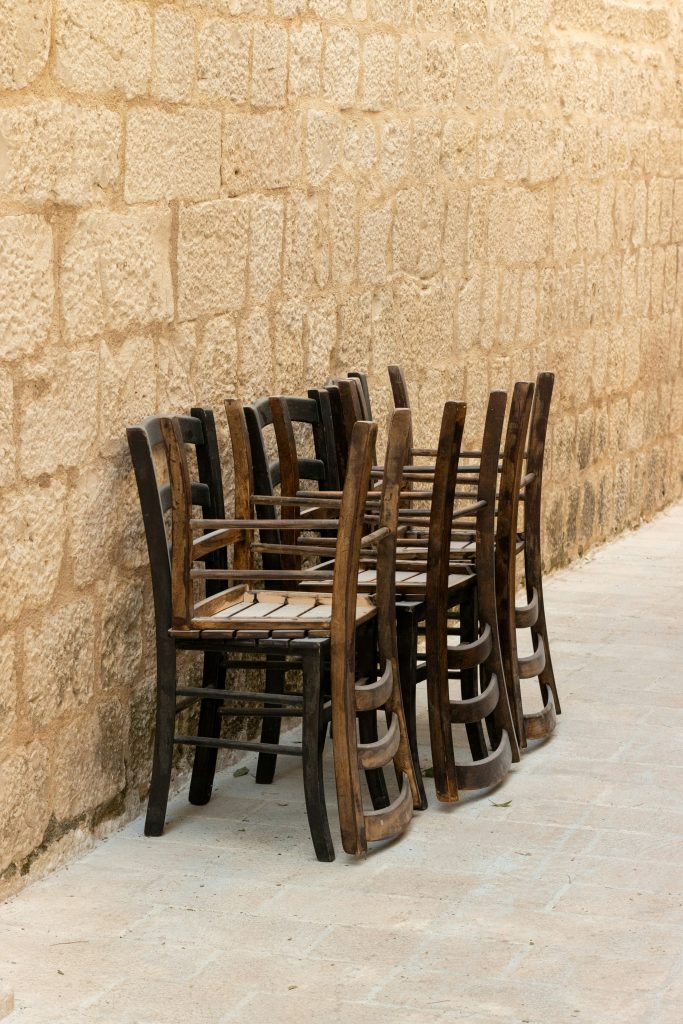
The absence of German guests this year has been particularly emphasised, and this has undoubtedly had a negative effect on eateries, with Croatian restaurant prices also being a factor. Less however is being said about the fact that last year, which the owners of Croatian restaurants generally celebrated as a record success, was difficult for German restaurateurs. It saw about 15,000 restaurants in that country dragged to the brink of insolvency, with data from the German Statistical Office showing that by the end of 2023, restaurants recorded a drop in revenue of 12.6 percent, and bars 34.5 percent compared to the previous year.
At the beginning of this year, a study by the card company Mastercard pointed out that consumers faced with tighter wallets and shallower pockets give priority to experiences over things, but that restaurant business growth will be moderate this year.
croatian restaurants still don’t think they’re asking too much for a meal
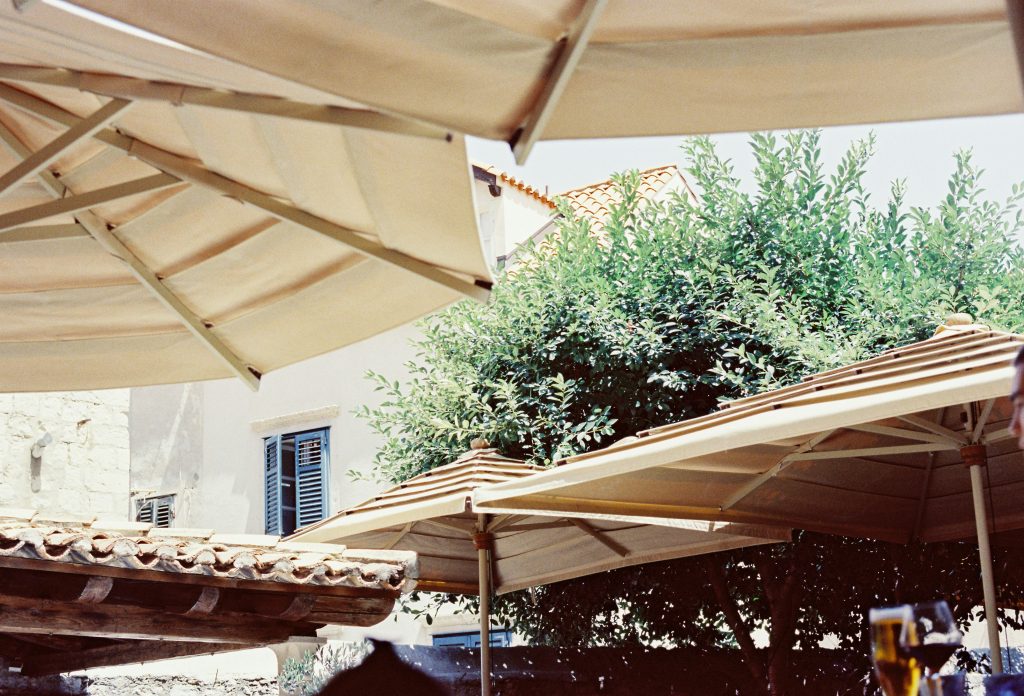
The financial indicators of the Croatian hospitality sector are difficult to follow, because as Marin Medak, the owner of the Rougemarin restaurant in Zagreb, says, there are no analyses that would show how business really works. Those in the hospitality sector are generally not inclined to agree that Croatian restaurant prices with which they welcomed guests this year are too high. They seem to generally agree that domestic guests and local residents can now more easily afford to go to a restaurant for dinner.
The State Bureau of Statistics combines the business of Croatian restaurants with hotels. In July 2024, it was the Hotels and Restaurants category that set the record for price increases compared to July 2023, which amounted to 9.5 percent. One year earlier, in July 2023, compared to July 2022, the price of hotels and restaurants increased by 14.6 percent, and in July 2022, compared to 2021, by as much as 16.8 percent.

